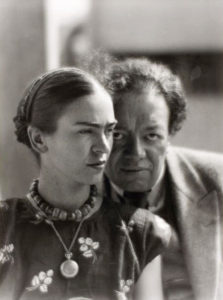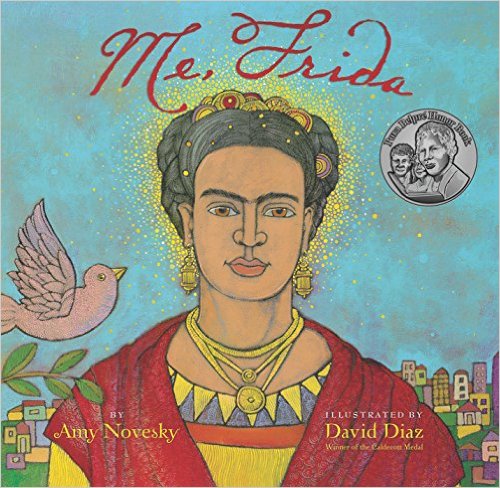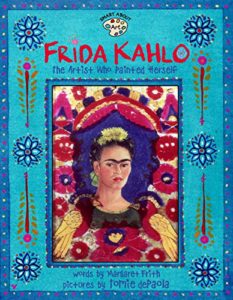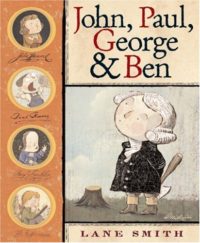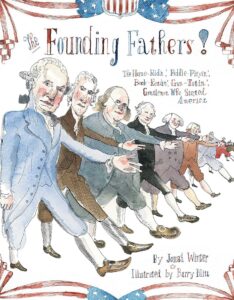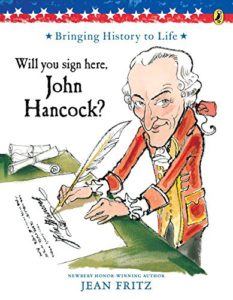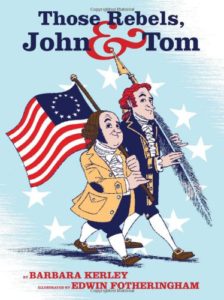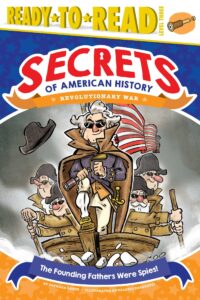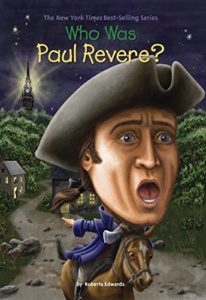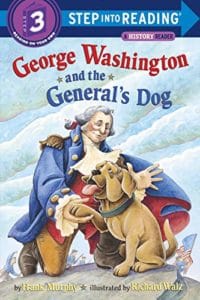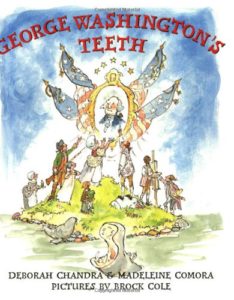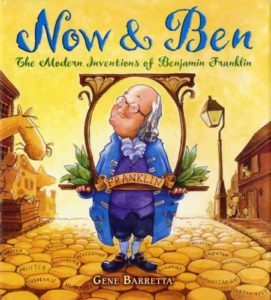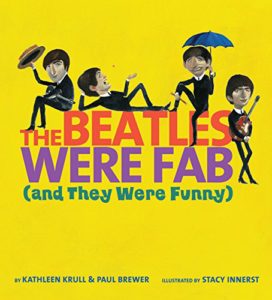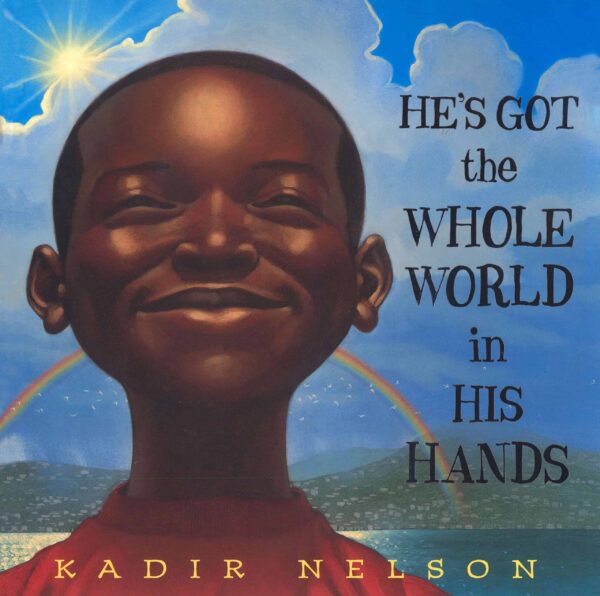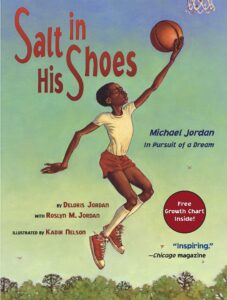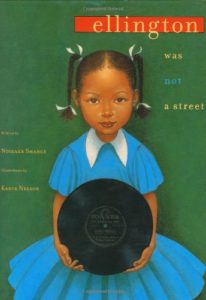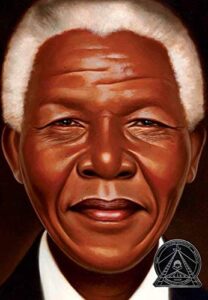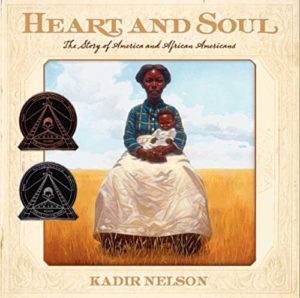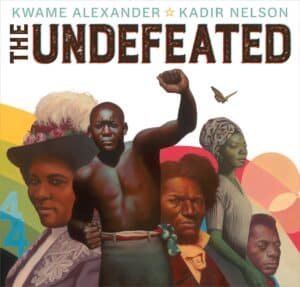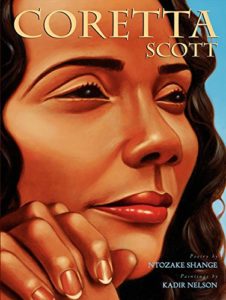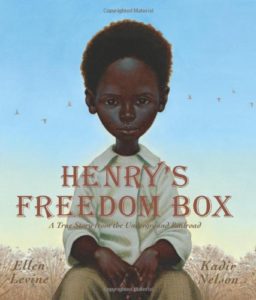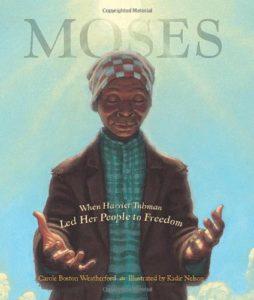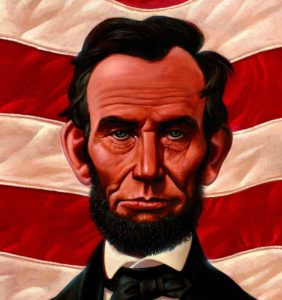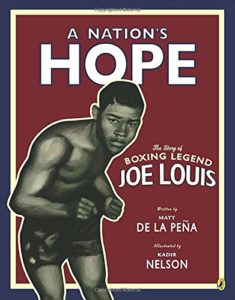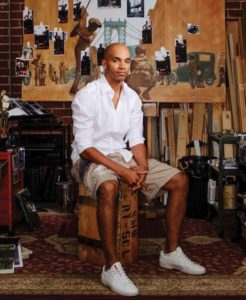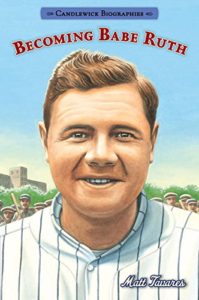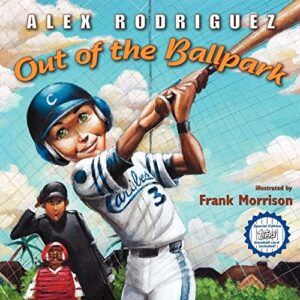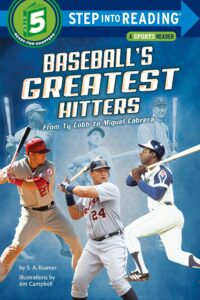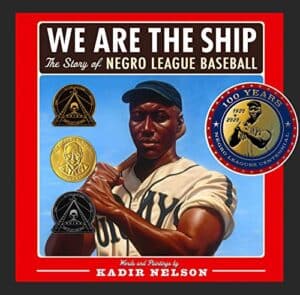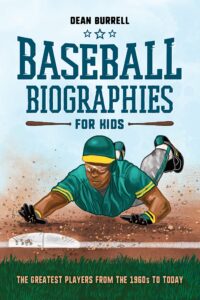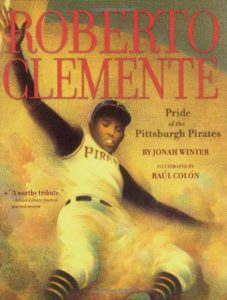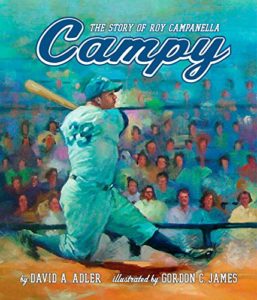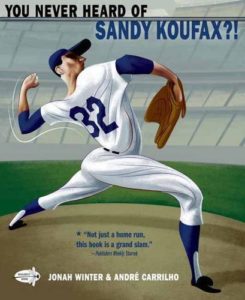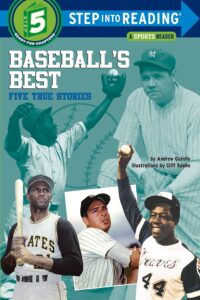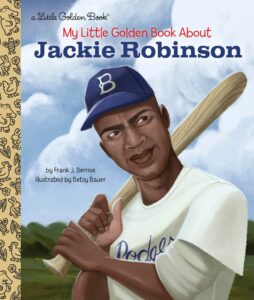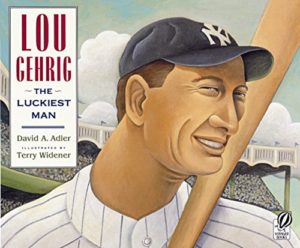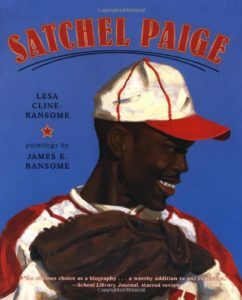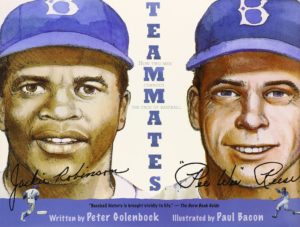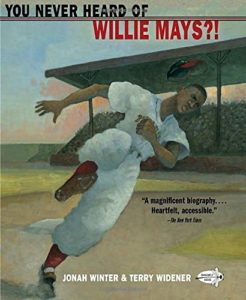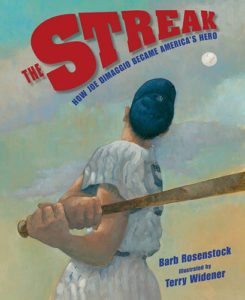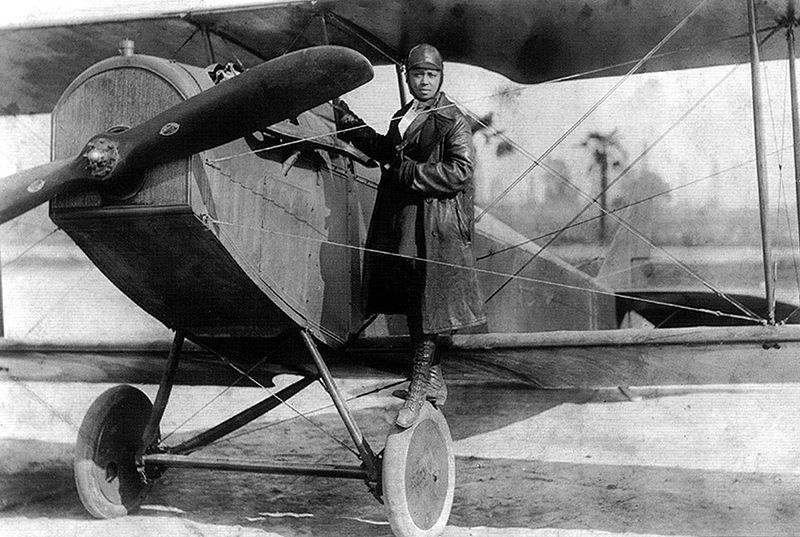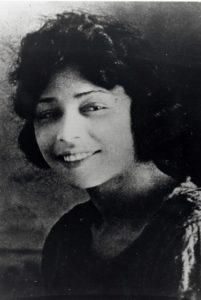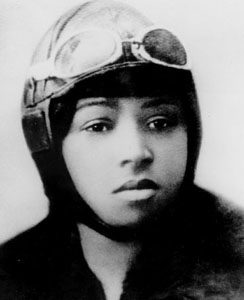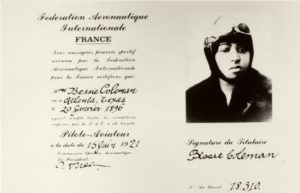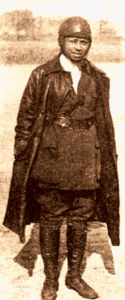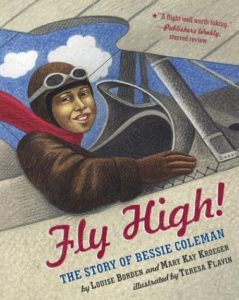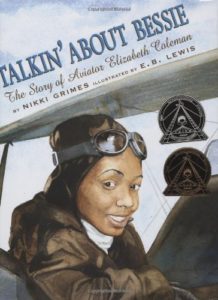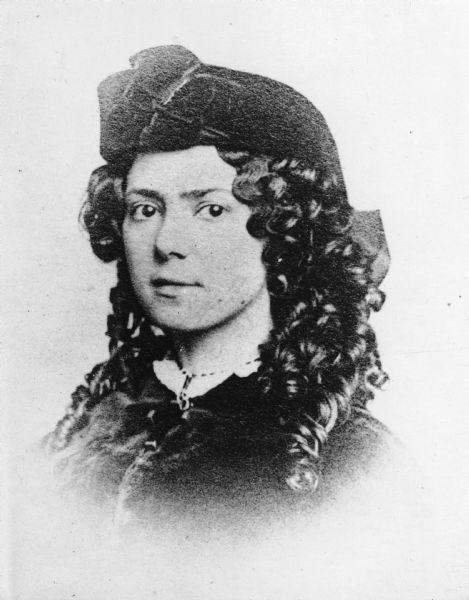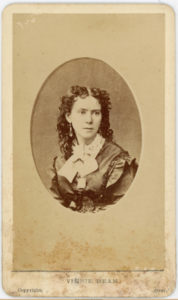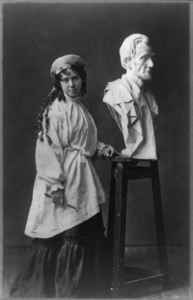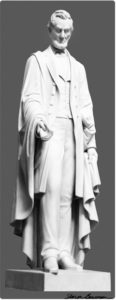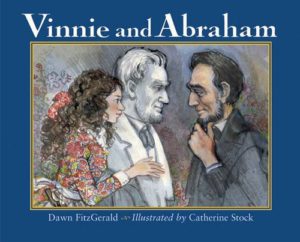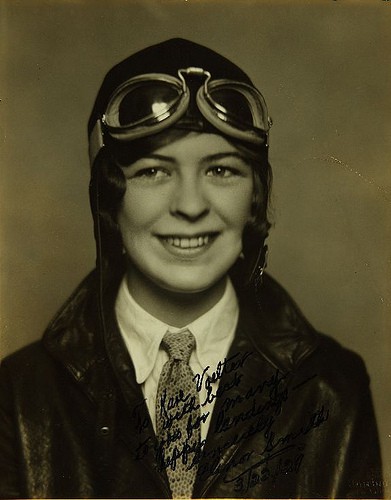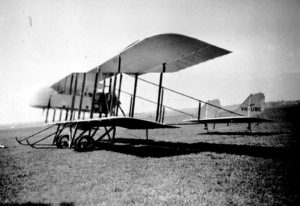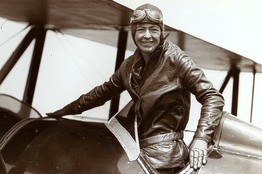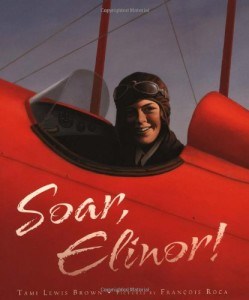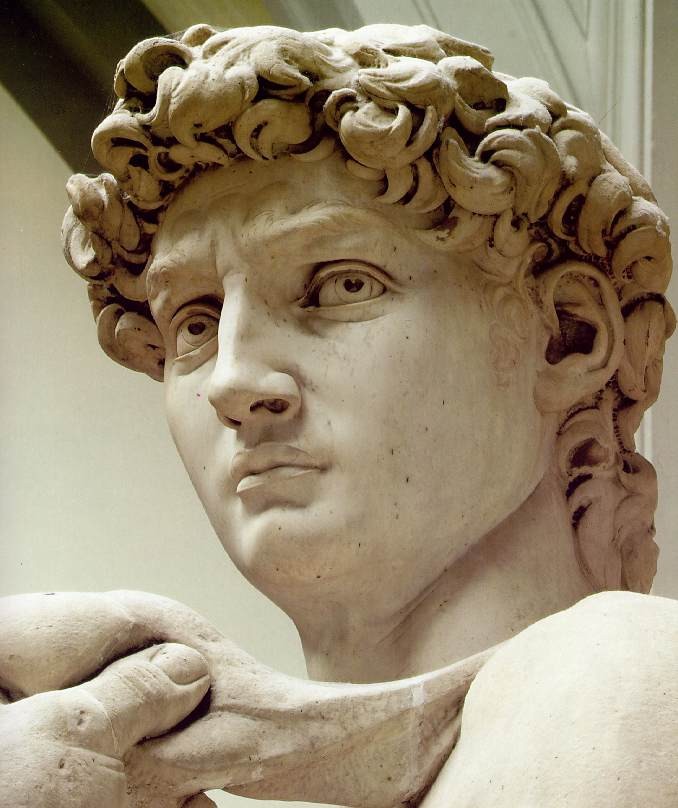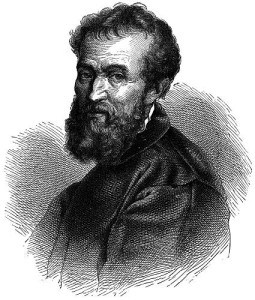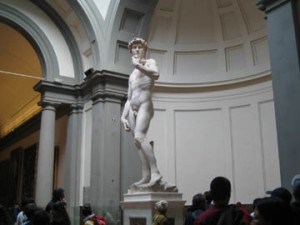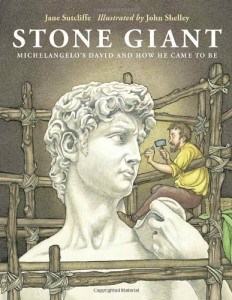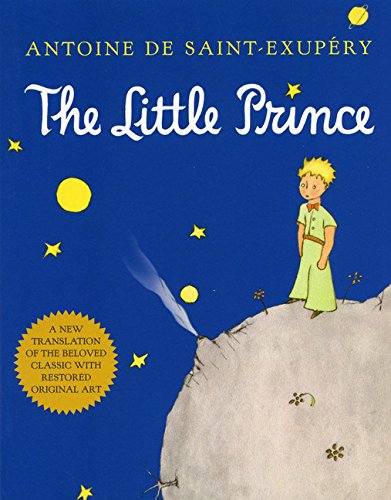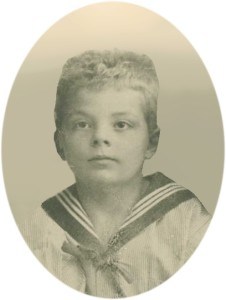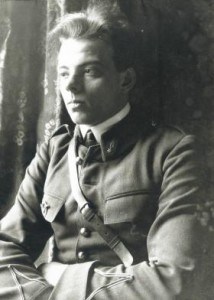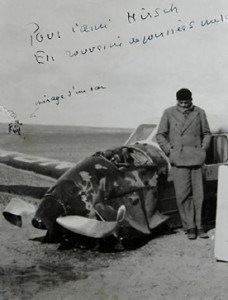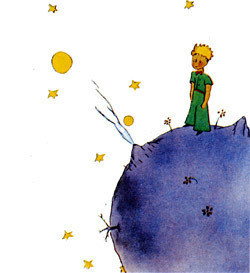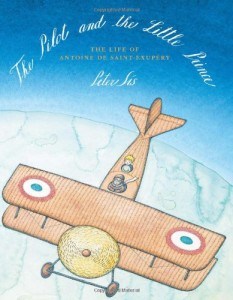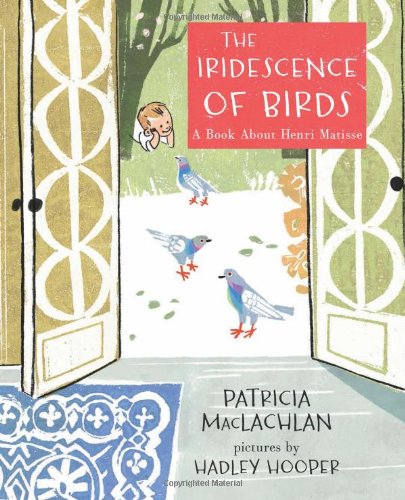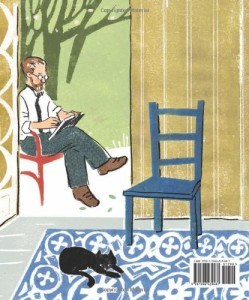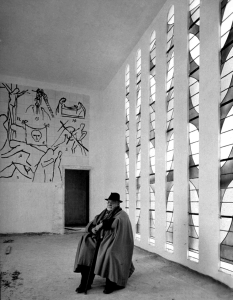Me Frida
by Amy Novesky, Illustrated by David Diaz
Like a tiny bird in a big city, Frida Kahlo feels lost and lonely when she arrives in San Francisco with her husband, the famous artist Diego Rivera. It is the first time she has left her home in Mexico. And Frida wants to be a painter too. But as Frida begins to explore San Francisco on her own, she discovers more than the beauty. She discovers the diversity, and exuberance of America. She finds the inspiration she needs to become one of the most celebrated artists of all time. 4-8 years
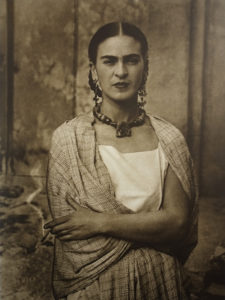
Frida Kahlo

Viva Frida
by Yuyi Morales
Frida Kahlo, one of the world’s most famous and unusual artists is revered around the world. Her life was filled with laughter, love, and tragedy, all of which influenced what she painted on her canvases. 4-8 years

Frida Kahlo and Her Animalitos
By Monica Brown, Illustrated by John Parra
The fascinating Mexican artist, Frida Kahlo, is remembered for her self-portraits and her dramatic works featuring bold and vibrant colors. Monica Brown tells the story of Frida and her beloved pets — two monkeys, a parrot, three dogs, two turkeys, an eagle, a black cat, and a fawn. These animals helped to inspire Frida’s art and her life. 4-8 years

Frida
by Jonah Winter, Illustrated by Ana Juan
When her mother was worn out from caring for her five sisters, her father gave her lessons in brushwork and color. When polio kept her bedridden for nine months, drawing saved her from boredom. And when a bus accident left her in unimaginable agony, her paintings expressed her pain and depression — and eventually, her joys and her loves. Over and over again, Frida Kahlo turned the challenges of her life into art. 4-8 years

My Little Golden Book About Frida Kahlo
By Silivia Lopez, Illustrated by Elisa Chavarri
This Little Golden Book captures the essence of Frida Kahlo for the youngest readers. From overcoming illness, to being one of only a handful of girls at her school in Mexico, to having her paintings hanging in museums, this is an inspiring read for future trailblazers and their parents! Features informative text and colorful illustrations inspired by Frida’s own artwork. 2-5 years

Frida, A Board Book
By Summer Morrison
Join a youthful Frida as she spends the day with her animal friends, practicing their names in English and Spanish. At her bedtime, all of the friends (amigos) gather together to say goodnight (Buenas Noches). This book is inspired by the artwork and life of Frida Kahlo.

Frida Kahlo
By Isabel Munoz, Illustrated by Jane Kent
Mexican artist Frida Kahlo created vibrantly hued paintings and led an equally colorful life. Known for her self-portraits, she became a feminist icon whose work now sells for millions of dollars. This biography looks at Frida’s childhood, including her bout with polio, as well as her devotion to Mexican culture and political causes. It tells about the bus accident that left her in chronic pain but also sparked her career and her marriage to Diego Rivera. A timeline and simple quiz help kids test their understanding and knowledge. 6 and up
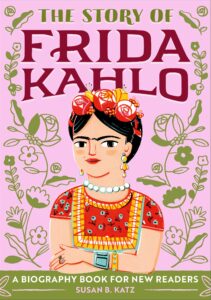
The Story of Frida Kahlo: A Biography Book for New Readers
By Susan B. Katz
Frida Kahlo is one of the most celebrated artists in the world, but before she made history with her beautiful paintings and brave spirit, she went through a life-changing accident that would have made many people want to give up. This book shows you how she fought to overcome setbacks and follow her passion to create amazing artwork and make the world a more colorful place.
You can explore how she went from a young girl from a small Mexican town to one of the most well-known painters in history. How will her creativity and can-do attitude inspire you? 8 years+

Frida Kahlo: The Artist in the Blue House
By Magdalena Holzhey
This book looks into the world of the artist Frida Kahlo and introduces children to the themes that infused her vibrant paintings and shows how her life influenced her art. Through illustrations of her work and photographs of Kahlo and her family, children are encouraged to learn about her life, artworks, and important relationships. 8-12 years
Frida Kahlo: The Artist Who Painted Herself
by Margaret Frith, Illustrated by Tomie dePaola
This book explores the creative and imaginative world of Mexico’s most celebrated female artist. 5-9 years
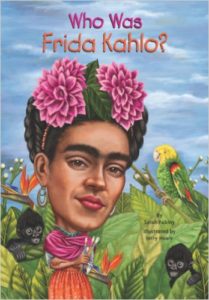
Who Was Frida Kahlo
by Susan Fabiny, illustrated by Jerry Hoare
You can always recognize a painting by Kahlo. She is in nearly all of them with her black braided hair and colorful Mexican outfits. Frida transformed herself into a living work of art. She is famous for her self-portraits and her haunting imagery as well as her marriage to painter Diego Rivera. Her beloved homeland Mexico inspired Frida with its ancient culture and history. 8-12 years
A book about Frida Kahlo’s artist husband Diego Rivera:
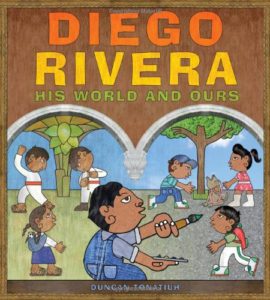
Diego Rivera: His World And Ours
by Duncan Tonatiuh
This book introduces one of the most popular artists of the twentieth century, Diego Rivera, to young readers. It tells the story of Diego as a young, mischievous boy who demonstrated a clear passion for art and then went on to become one of the most famous painters in the world. 6-9 years
